Ghana’s mining industry revolves mainly around gold, manganese, bauxite and diamonds. Other minerals include gravels, granite and limestone among others. The sector is a major contributor to government revenues through taxes and royalties. In 2018, gold accounted for 14% of GDP and represented 49% of Ghana’s exports.
Ghana’s gold reserves lie in the Ashanti region, including large deposits in Obuasi, and in the Western and Central regions. Ghana’s gold exports rose from US$4.92 billion in 2016 to $8.35 billion in 2018, according to the Observatory of Economic Complexity. The government attributed this increase to rising prices and increased production. Perspectives for Ghana’s gold industry are favourable as investors are confident that gold prices will keep going up in the next 2 to 3 years.
Manganese exports increased by 61.4% in 2017 to $161.79 million, aft er expansion works at the main port. Logistical issues had slowed down the export of manganese in previous years. Ghana Manganese Company Limited is one of the country’s primary providers of manganese mining services.
Bauxite, which is used to produce aluminium ingots, is also significant on Ghana’s exports list. Bauxite comprised approximately 0.4% of Ghana’s exports by value in 2017, compared to 0.3% in 2016. The country recently set up the Ghana Integrated Aluminium Development Corporation (GIADEC) to create an aluminium industry that will transform the extracted bauxite locally, thus adding value to the raw mineral.
Diamond exports totalled approximately 86,780 carats in 2017, an increase from 53,070 carats in 2016. Ghana’s diamonds are mainly used for manufacturing.
The Ministry of Lands and Natural Resources and the Minerals Commission regulate the sector through the Minerals and Mining Policy of Ghana and the Minerals and Mining Act. The policy aims at diversifying the country’s mining activities from traditional minerals and increasing local content.
Major players
There are more than 20 mining companies, including South African company Gold Fields, AngloGold Ashanti, Newmont Ghana and Central Ashanti Gold, employing around 20,000 people in Ghana.
 There is still space for small companies willing to invest in Greenfield exploration and production. However, the permit purchase and renewal fees are more expensive and take more time in Ghana than in other African countries such as Burkina Faso.
There is still space for small companies willing to invest in Greenfield exploration and production. However, the permit purchase and renewal fees are more expensive and take more time in Ghana than in other African countries such as Burkina Faso.
In order to hold mineral rights, an individual or entity has to be Ghanaian, meaning a foreign company has to set up a company under Ghanaian law to apply for mineral rights. Minimum investment for foreign owners is $500,000 to set up a mining company and $10 million to apply for a mining licence.
Illegal mining, known as galamsey, continues to plague the Ghanaian mining industry despite a government clampdown on illegal miners, foreigners and Ghanaians, in 2013. President Nana Akufo-Addo, who took office in 2017, also declared war on galamsey and sent a special task force to the Ashanti, Eastern and Western regions in August 2017. Illegal mining threatens the environment and human health through destructive mining methods that use toxic mercury and uncontrolled practices that contaminate streams and rivers. The government estimated that about 1 million people engaged in small-scale mining in 2015 but the figure was reduced to 200,000 in 2017, 85% of whom were illegal.
Investment opportunities
These include:
- The production of industrial minerals for local and international consumption.
- Applications / processing of industrial minerals in the areas of construction, ceramics, paints, electronics, filtration, plastics, glass, detergents and paper. Ghana seeks companies aiming to:
- Set up refinery facilities to serve the local industry for value-added products.
- Exploit and produce solar salt to produce caustic soda, an ingredient used by the soap and detergent industry.
- Produce clinker for the mining industry.
- Exploit the extensive deposits of granite to produce high-quality floor tiles.
- Produce dimension stones for the building industry.
- Supply salt for the local market.
The following engineering services could be developed:
- Support services such as contract drilling, assay laboratories, contract mining and geological consultancies.
- Setting up manufacturing plants to produce machinery for the industry.
- Downstream production facilities to manufacture key input for the mining industry, such as drill bits and cyanide.
Specific investment incentives for the mining sector include:
- Depreciation of 75% of the capital expenditure incurred in the first year of investment and 50% of the declining balance in subsequent years.
- First-year investment allowance of 5%.
- Losses in each financial year not exceeding the value of the capital allowance for the year may be carried forward.Capitalisation of all pre-production expenses approved by the authorities when the holder starts the development of commercial mining.
The holder of a mining lease is also granted the following benefits:
- Exemption of staff from out of Ghana payments of income tax relating to accommodation at a mine site.
- Immigration quota for expatriate personnel free from any tax imposed by government for the transfer of foreign currency out of Ghana.
- Exemption from the selective alien employment tax.



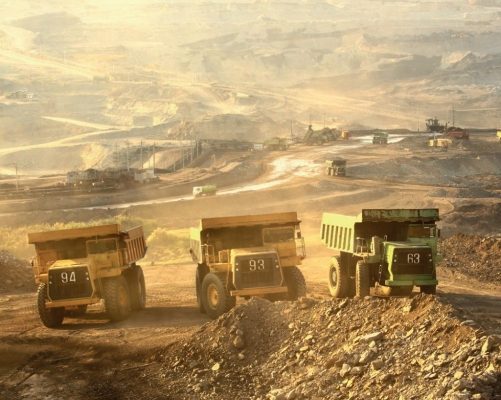

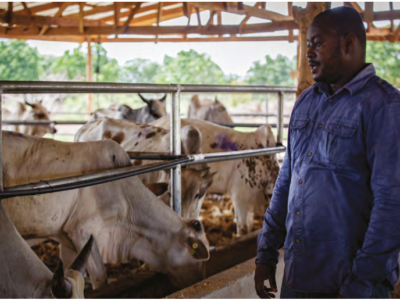
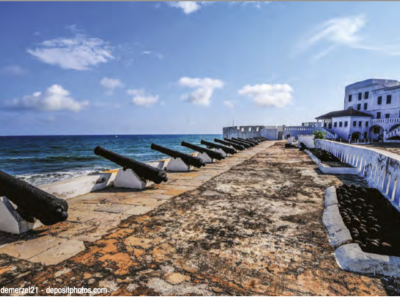

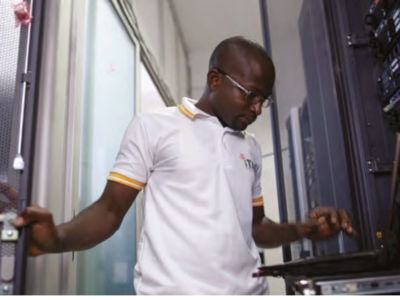
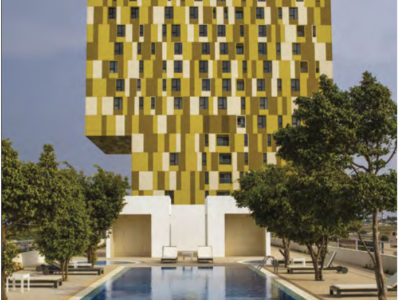




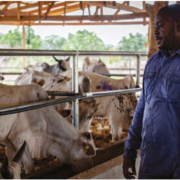
Comments